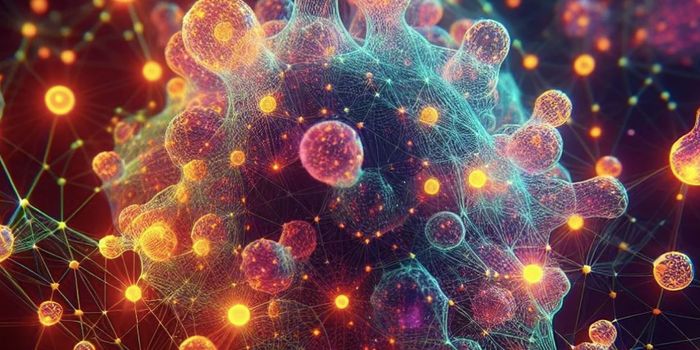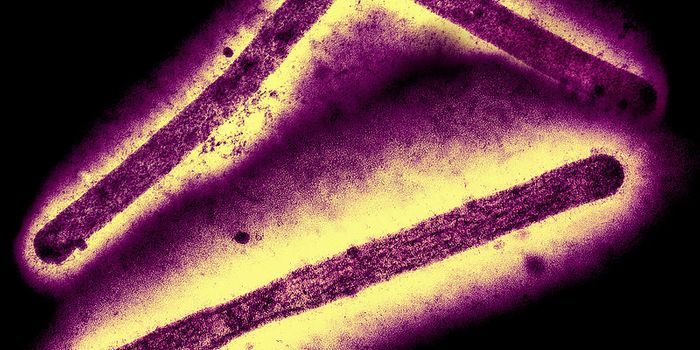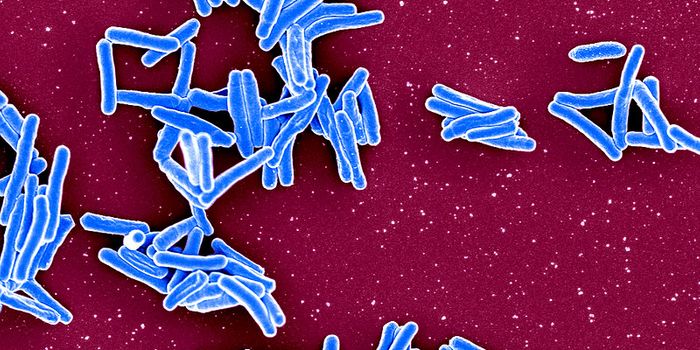People That Acquire Genetic Mutations Faster May Not Live as Long
Every cell in our boy carries a copy of the genome in its nucleus. Some cells are constantly replenished, and the genome has to be copied every time a cell divides to create two new cells. Errors can sometimes arise when the genome is copied. Other cells may not replicate as often, but like all cells, they can be exposed to environmental toxins that can damage the DNA they carry. While the cell has ways of detecting and repairing errors in the genome, some can stick around as newly-acquired mutations.
New research has suggested that the rate at which people pick up genetic mutations might be influencing lifespan, and may also affect a woman's fertility. The study, which was published in Scientific Reports, showed that younger people who didn't pick up as many mutations as others tended to also live around five more years than people who acquire mutations more quickly.
"If the results from this small study are validated by other independent research, it would have tremendous implications," said study co-author Lynn B. Jorde, Ph.D., chair of the Department of Human Genetics at University of Utah (U of U) Health. "It would mean that we could possibly find ways to fix ourselves and live longer and better lives."
While cells in the body have ways of fixing the genetic mutations that happen naturally throughout life, these repair processes don't work as well as we age. One impact, for example, is that people who have children at an older age tend to pass on genetic material with more mutations to their children compared to younger parents.
The corresponding study author Richard Cawthon, M.D., Ph.D., a U of U Health research associate professor of human genetics, and his team hypothesized that mutations might work as a kind of biomarker that reflects a women's fertility, how fast a person is aging, and their potential lifespan.
The team sequenced the genomes of pairs of grandparents and one of their children from 41 three-generational families. Since mutations that happen in germline cells are passed down to the next generation, the researchers could also tell which parent passed on which mutations. They were able to compare the first generation grandmothers to other grandmothers and grandfathers to other grandfathers.
"So, compared to a 32-year-old man with 75 mutations, we would expect a 40-year-old with the same number of mutations to be aging more slowly," Cawthon explained. "We'd expect him to die at an older age than the age at which the 32-year-old dies."
Mutations began to accrue more quickly around puberty, which may indicate that the aging process starts as soon as the teens. Some younger people acquired mutations three times faster than others. The researchers found that people with slower mutation rates lived around five years longer than people that picked up mutations faster. Cawthon noted that the difference in lifespan is comparable to what's seen from lifestyle choices like smoking or being sedentary.
Women with the fastest mutation rates were younger when they delivered their last child and had fewer live births than women with slower mutation rates.
"The ability to determine when aging starts, how long women can stay fertile, and how long people can live is an exciting possibility," Cawthon said. "If we can get to a point where we better understand what sort of developmental biology affecting mutation rates is happening during puberty, then we should be able to develop medical interventions to restore DNA repair and other homeostatic mechanisms back to what they were before puberty. If we could do that, it's possible people could live and stay healthy much longer."
Sources: AAAS/Eurekalert! via University of Utah Health, Scientific Reports









